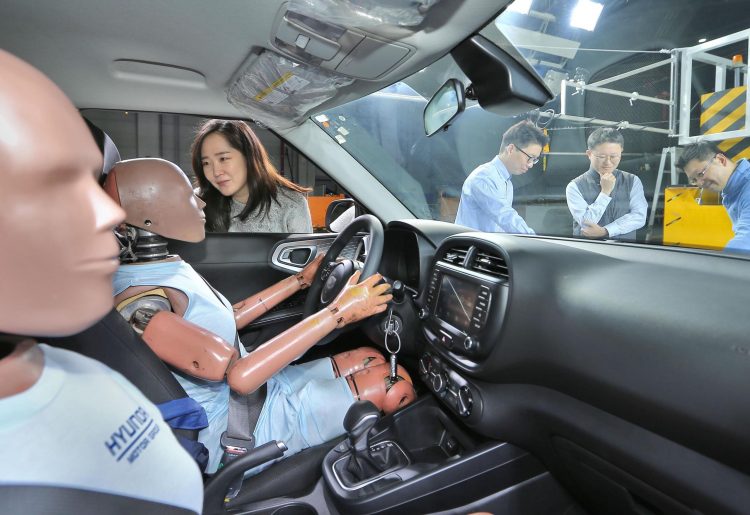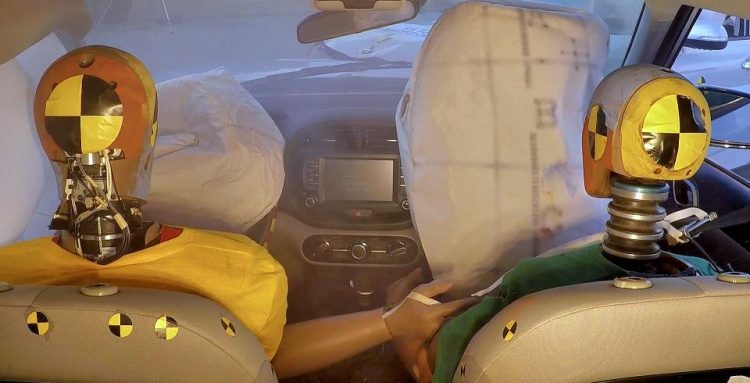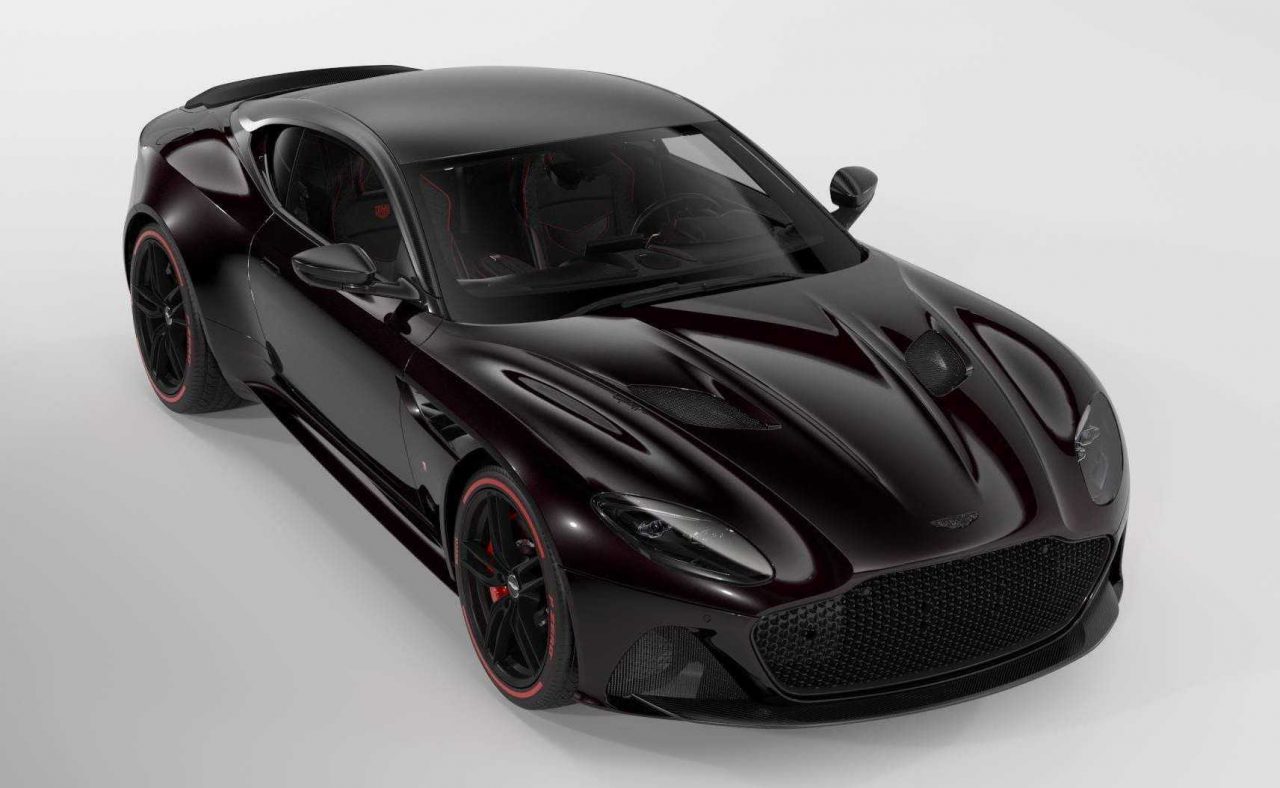Hyundai is planning to introduce the world’s first multi-collision airbag system for production cars. It aims to reduce injury in multi-collision accidents. According to research by the NHTSA, these types of crashes make up for three out of every 10 accidents.
The aim of the multi-collision airbag is to provide safety during incidents where the car has another impact following an initial collision, such as hitting secondary objects like trees and telegraph poles. Current airbag systems only deploy once or not at all if the sensors don’t think it’s necessary, which means during any secondary impact the passengers could be left unprotected by the technology.
Hyundai is developing technology that is able to monitor the occupant’s position in the vehicle following an initial impact. The company says that occupants are sometimes forced into unusual positions, and the effectiveness of existing technology could be compromised during these times.
With the multi-collision airbag technology, the vehicle is able to recalibrate and respond more quickly after an initial impact, and deploy the airbag even faster if the initial systems haven’t been effective. Taesoo Chi, head of Chassis Technology Centre at Hyundai Motor Group, said:
“By improving airbag performance in multi-collision scenarios, we expect to significantly improve the safety of our drivers and passengers. We will continue our research on more diverse crash situations as part of our commitment to producing even safer vehicles that protect occupants and prevent injuries.”
Research conducted by the National Highway Traffic Safety Administration in US found that out of 56,000 vehicle accidents between 2000-2012, around 30 per cent of them involved multiple collisions. The most common of these types of crashes was found to be when the motorist crosses over the centre line.
So, when can we expect to see multi-collision airbags in production cars? Hyundai says it will roll out the technology in new Hyundai and Kia models in the future, however, no firm date has been locked in as yet.


